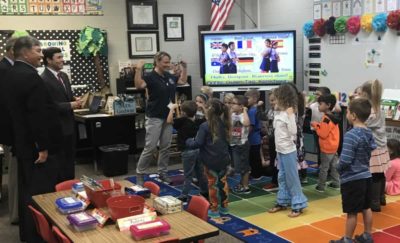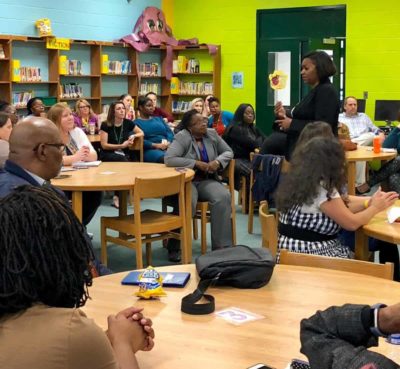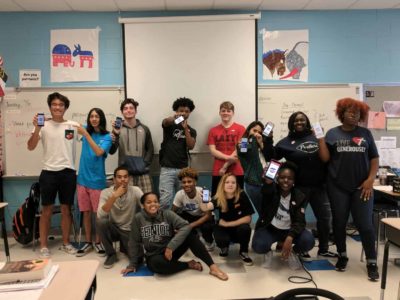An earlier article written by Disability Rights North Carolina introduced Adverse Childhood Experiences (ACEs) and its effects, as well as resources to prevent ACEs and support children and families. In this article we will go into further detail about one resource that can be used to reduce the high prevalence of ACEs in those with disabilities.
The five protective factors is a framework from the strengthening families approach developed by the Center for the Study of Social Policy. When these factors are present and implemented, they can aid in mobilizing communities, families, and partners in promoting optimal development and reducing ACEs.
Parental resilience
Parents are usually the fiercest advocates for their child with a disability, so it is crucial that parents are well-equipped to handle the stress of being their child’s most essential connection. Researchers have concluded that the way parents respond to stressors is vastly more important than the stressor in determining the outcomes for themselves and their own children. This means that a parent must be resilient, which is the process of managing stress and functioning even when faced with adversity.
There are stressors that can be managed easily, such as contacting a friend to pick up one’s child in the event the parent is running late. But there are also stressors that are not able to be “fixed” — one cannot erase a child’s challenges or change one’s own traumatic experiences. Resilience is not about fixing those situations; it is about coping and proactively managing the stress those situations may bring in order to begin healing the effects of trauma and develop self-efficacy. This has a positive effect on the parent-child relationship, forming a secure emotional attachment.
Social connections
Social connections are an undeniably vital resource in helping parents and caretakers build parental resilience. Parents need people who care about them and their child, who can be called for help, who will listen to a parent’s stressors, and who will offer well-informed advice. This constructive social support can consist of family, friends, neighbors, coworkers, church congregants, community members, and even service providers. Support groups for families with children with disabilities are often an important part of building social connections as they can help both children and parents avoid feeling alone in their experiences.
Social isolation is a risk factor associated with depression and disengaged parenting and care which increase the likelihood of child maltreatment. Not only is the social connection emotionally gratifying, it can also have real world value in providing instrumental support, such a transportation or financial assistance in emergencies. Having social support is associated with parental satisfaction, well-being, and lower levels of anxiety and depression.
Knowledge of parenting and child development
Having access to information about child development, a child’s disability, and appropriate expectations for their child’s behavior helps parents and families to see their children positively and promotes greater progress and development in the child. This information can come from family, doctors and therapists, parent education classes, support groups, and the internet.
Concrete support in times of need
The line “it takes a village” is a verifiable fact; all parents need help sometimes, whether that means help with the routine needs of children or in getting to the emergency room in an accident. Every person has trials in life, and knowing that there is a safety net to help an individual and their family can help assuage daily stress. Parents can be faced with difficult situations, such as not being able to feed their family, home foreclosure, or loss of employment.
When friends, family, or community help parents identify and receive concrete support in times of crisis, they actively help ensure that the individual and their children receive necessary care. This is why it is essential for community groups and services to have a presence wide enough for families in crisis to feel comfortable in reaching out. Parents also need to understand to how access services, their rights in accessing those services, and knowledge of the relevant services in their own communities.
Social and emotional competence of children
When a child is able to interact positively with others by self-regulating emotions and effectively communicating feelings, it undoubtedly has a positive impact on the child’s relationship with family, friends, and other adults. Challenging behaviors, developmental delays, and disabilities can impact these skills; early identification and support for children and families can promote further development and reduce family stress.
Disability Rights North Carolina works to improve systems that affect and support persons with disabilities. We encourage systems to adopt initiatives, such as the five protective factors, to prevent trauma and address its impact on people with disabilities. To learn more, visit the Center for the Study of Social Policy’s website.





